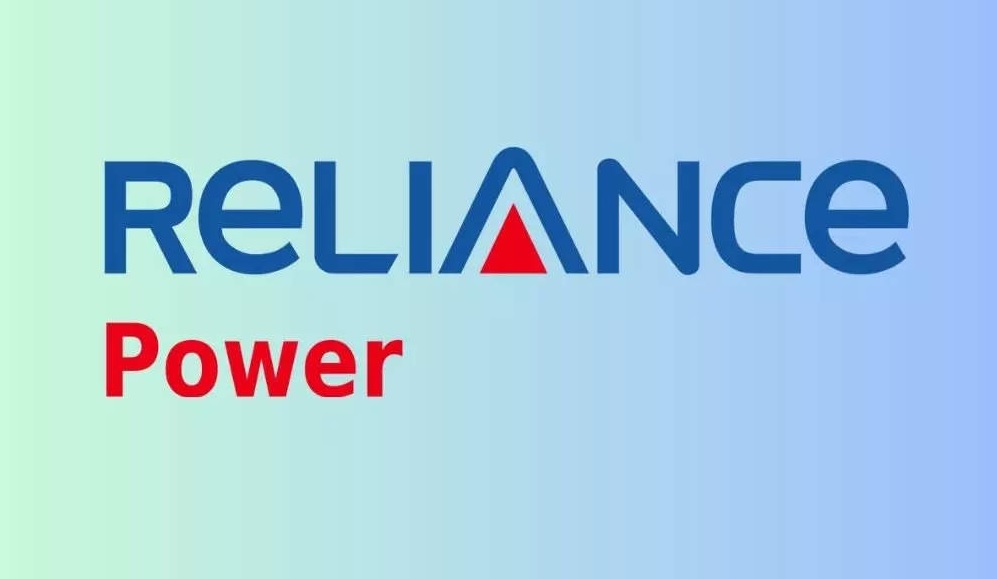
(Photo : Reliance Power)
Reliance Power
Solar Energy Corporation of India Ltd. (SECI) has imposed a three-year ban on Anil Ambani's Reliance Power Ltd. and its subsidiaries from participating in future tenders after discovering the company had submitted fake bank guarantees in a recent bidding round, SECI announced Thursday.
The disqualification follows an investigation into documents provided by Reliance NU BESS Ltd., formerly Maharashtra Energy Generation Ltd., which revealed that the endorsement of a bank guarantee against an earnest money deposit was fraudulent, SECI said in its statement.
Reliance NU BESS Ltd., a Reliance Power subsidiary, had reportedly met the financial qualification requirements by leveraging the financial strength of its parent company. SECI noted that all key commercial and strategic decisions appeared to be directed by the parent company, making it necessary to disqualify Reliance Power from future SECI tenders.
The issue arose during SECI's tender process for a 1 gigawatt solar power project and a 2 gigawatt standalone battery energy storage system, initiated in June. The bidding process, however, was canceled at an advanced stage due to discrepancies in Reliance NU BESS Ltd.'s submission.
Reliance NU BESS submitted a foreign bank guarantee, supported by an email purportedly from State Bank of India (SBI). SECI's investigation revealed that SBI had not issued this support, and the email had originated from a fake address. According to Business Standard, Reliance NU BESS attributed the fake bank guarantee to a third-party arranger, though SECI's investigation found no mention of such a party.
The incident has become one of several recent setbacks for Anil Ambani's Reliance Group. In August, the Securities and Exchange Board of India (SEBI) banned Ambani from the securities market for five years, imposing a ₹25 crore penalty in a case involving loans by Reliance Home Finance, a subsidiary of Reliance Capital. Although the Securities Appellate Tribunal later halted SEBI from collecting the penalty, the market ban remains in effect.
The group has also faced challenges with its 2016 purchase of Pipavav Shipyard, later renamed Reliance Naval & Engineering, which failed to achieve a turnaround and was ultimately sold under the Insolvency & Bankruptcy Code. Additionally, the insolvencies of Reliance Communications and Reliance Capital have compounded the group's financial struggles.









